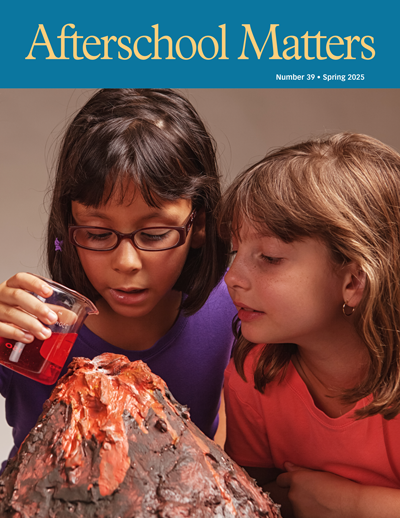Watch: Webinar on Trauma and Youth Programs
July 17, 2022
In light of the pandemic, staff involved in summer learning programs have an increased need and desire for more training on trauma-informed practices, according to a June 2022 report from the Wallace Foundation. To meet this need, the National Institute on Out-of-School Time (NIOST) created this short webinar as a resource for summer learning program staff. In the video, Patricia McGuiness-Carmichael, MSW, a research associate at NIOST, offers a brief overview of how children and youth may experience trauma and offers several recommendations for bringing trauma-informed practices into summer programs.
“More and more youth are coming to programs with histories of trauma,” said McGuiness-Carmichael. “So, it’s really important for staff to be able to recognize signs and symptoms, have strategies to implement in order to mitigate trauma responses, and have tools to address issues as they arise so they can best support youth.”
Some signs of trauma or traumatic stress may include physical, social, or emotional behavior changes, or regression in behaviors. Though signs may differ from person to person and may vary depending on age, gender, and type of adversity faced. For example, preschool age children may show separation anxiety, increase in crying, or changes in eating or sleeping habits, while middle and high school students may show signs of depression, loneliness, or risky behaviors.
Throughout the presentation, McGuiness-Carmichael highlighted ways to make participation in summer programs safe and sensitive for young people dealing with trauma. Suggested practices focused on program and environmental structures as well as individual and group interactions within five guiding principles identified by the Massachusetts Childhood Trauma Task Force: safety; transparency and trust; empowerment, voice, and choice; equity, anti-bias efforts, and cultural affirmation; and healthy relationships and interactions..
The program concludes with the following supplemental resources:
- Act for Youth
- Centers for Disease Control Violence Prevention
- Center on Child Well-being & Trauma
- MA Childhood Trauma Task Force
- National Child Traumatic Stress Network
- National Center for Safe, Supportive Learning Environments
- Substance Abuse and Mental Health Services Administration (SAMHSA)
- Trauma-Informed Care Implementation Resource Center



